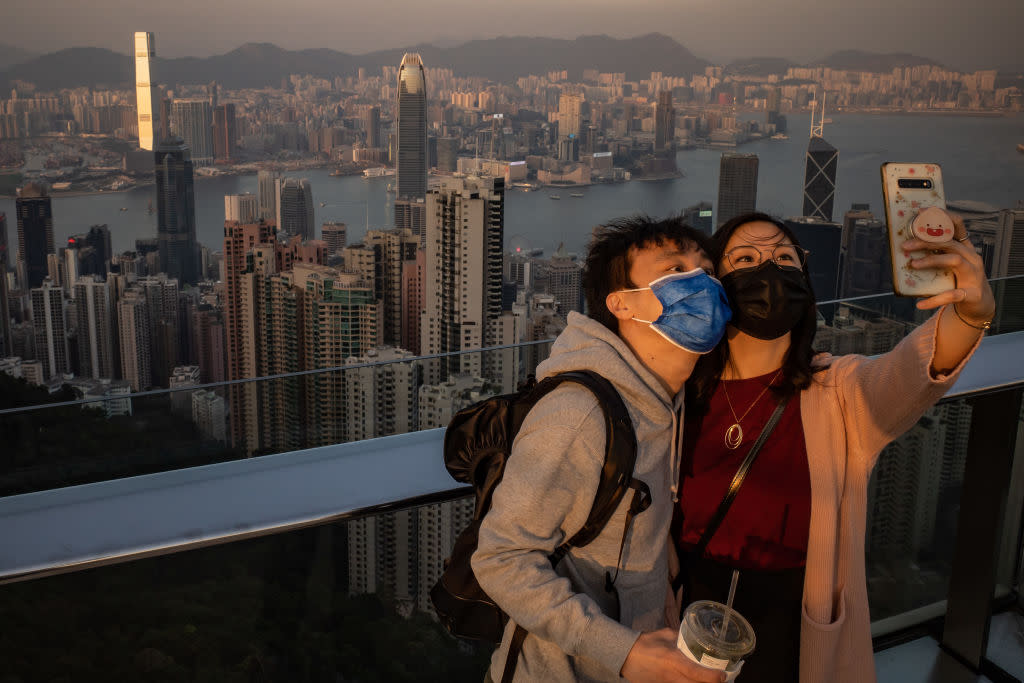You are here
Asia Has Beaten Back Each Wave of COVID-19. But This Surge Could Be Different
Primary tabs
 Asia Has Beaten Back Each Wave of COVID-19. But This Surge Could Be Different Coronavirus fatigue, cold weather and government reluctance will make this wave harder to quash YahooNews
Asia Has Beaten Back Each Wave of COVID-19. But This Surge Could Be Different Coronavirus fatigue, cold weather and government reluctance will make this wave harder to quash YahooNews ... COVID-19 cases are spiking across Asia once again. In South Korea, it’s the third peak in infections—the highest since the beginning of March. Hong Kong is experiencing its fourth COVID-19 wave. Japan, Indonesia and Malaysia all hit daily records at the end of November.
Each time the pandemic has surged in the region, governments and people have responded—restricting social gatherings, plugging holes in the epidemiological net and working to track and isolate as many cases as possible. And each time, transmissions have fallen within a matter of weeks—allowing daily life to return to a semblance of normalcy. That’s kept most of the region as the gold-standard for fighting COVID-19, with infection and death rates a fraction of those in Europe and the United States.
But this surge could be different, experts warn. Cooler, drier weather is making it easier for the coronavirus to spread; government officials are reluctant to further damage businesses that have taken a beating in the pandemic; and creeping COVID-19 fatigue is setting in among a public that has, until now, been remarkably responsive to yo-yoing restrictions. These factors are combining to make transmission of the virus harder to bring under control.
“People are sick of lockdown and COVID things. Also, some are sort of underestimating the risk this time,” says Dr. Kenji Shibuya, the director of the Institute of Population Health at King’s College London.
Shibuya says he is less optimistic that countries will be able to quickly control the coronavirus surges this time around—especially his native Japan, which has been slow to implement restrictions.
Of the Asian countries where COVID-19 is currently surging, Japan is the most troubling to many infectious disease experts. The world’s third-biggest economy had been praised internationally for keeping cases low with relatively few disruptions, but cases began to spike at the beginning of November. By the end of the month, new cases broke multiple daily records—peaking at nearly 2,700 In Nov. 28.



Recent Comments